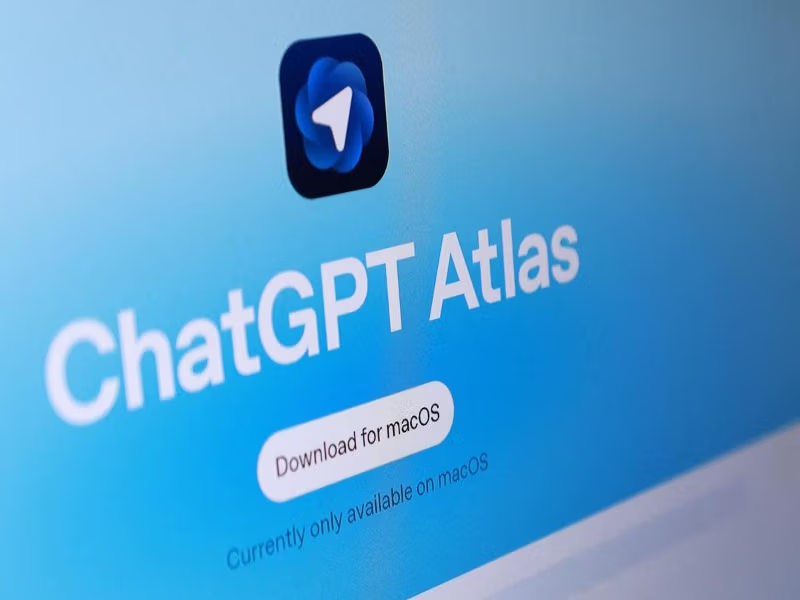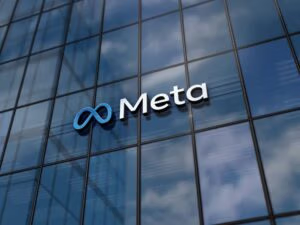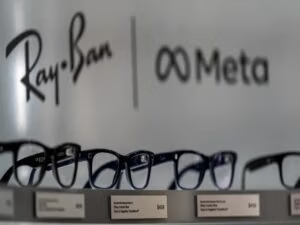OpenAI, a maker of ChatGPT, has introduced a web browser that features artificial intelligence to compete with the market leaders, such as Google, which runs Chrome as the most popular web browser globally.
ChatGPT Atlas replaces the address bar, which is a prominent element of search, with CEO Sam Altman admitting it was designed around “built around ChatGPT” as the company launched the new browser on Apple’s MacOS operating system on Tuesday.
The entry of Atlis is amid the time when OpenAI pursues new monetization options to capitalize on its massive bet on artificial intelligence (AI) and capitalize on its expanding user base.
OpenAI also announced that Atlas would come with a paid agent mode, which will perform searches on behalf of anyone using its popular chatbot.
The agent mode option will be offered exclusively to subscribers to ChatGPT who pay. It also makes “improvements that make it faster and more useful by working with your browsing context.”
The company has unleashed a series of new initiatives to round up the users into its online services, entering into agreements with e-commerce platforms such as Etsy and Shopify, as well as booking services such as Expedia and Booking.com.
According to data and research firm Demandsage, Altman declared earlier this month that ChatGPT had already achieved 800 million weekly active users, as compared to 400 million in February, at the OpenAI DevDay event.
CEO and Chief Analyst of Moor Insights and Strategy, Pat Moorhead, said, “I believe that early adopters will kick the tyres on the new OpenAI browser.”
However, he indicated that he was not that confident that Atlas would become a serious competitor to Chrome or Microsoft Edge, “as more mainstream, beginners, and corporate users will just wait for their favourite browsers to offer this capability.”
Moorhead added that many of these features are already available in Microsoft Edge today.
The challenge by OpenAI is one year after Google was proclaimed an unlawful monopoly in online search.
In a recent ruling that was to prescribe remedies to the kind of dominance Google has, the search engine was not requested to compel its Chrome browser as the lawyers of the US Justice Department had demanded.
Many more internet users are increasingly turning to the use of large language models (LLMs) such as ChatGPT in their search and recommendation requests.
According to the research company Datos, 5.99 percent of desktop search queries flowed to LLMs as of July, which is more than twice as much as it was a year ago.
Google has also strongly invested in AI and, over the past year, has set its focus on AI-driven responses to search queries in its rankings.






